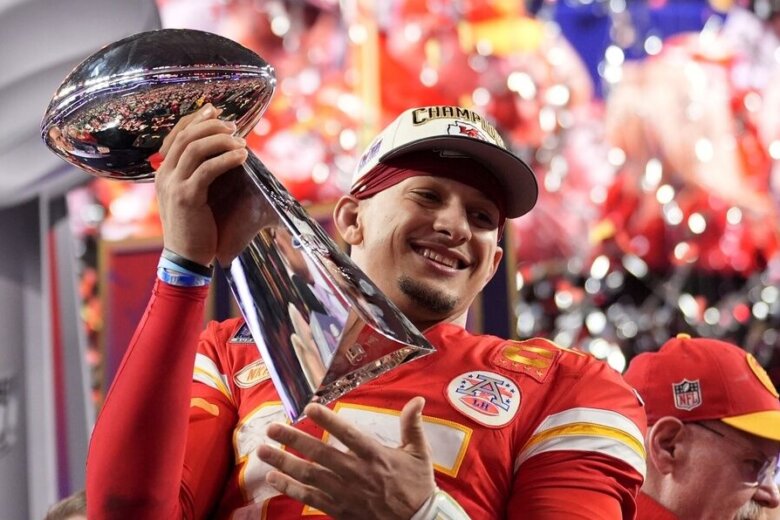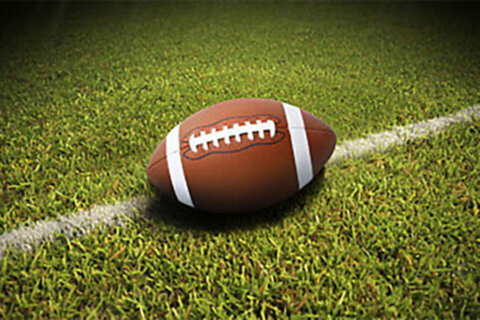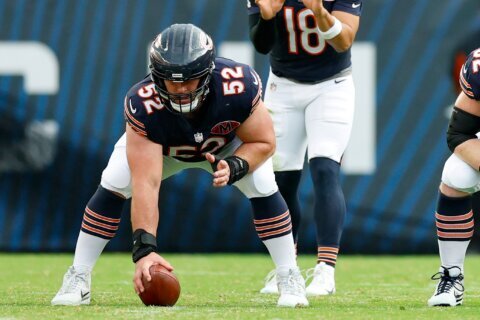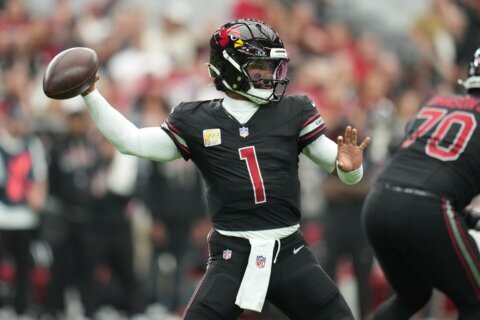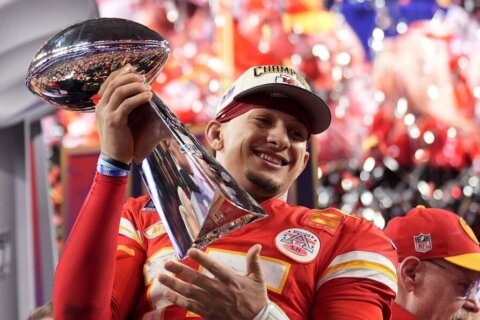
As the 2024 NFL season kicks off, Kansas City has a chance to make history. The Chiefs are pursuing a third straight NFL championship, something that has never happened in the Super Bowl era.
And yes, we know Green Bay has won three straight NFL titles twice, but there was no championship game when they turned the trick in 1929-31 and the 1965-67 Packers began their run the year before the inaugural AFL-NFL World Championship Game (original name of the Super Bowl).
Eight teams have won two straight Super Bowls, and those eight have a combined 78-43-1 mark in their “three-peat” attempts. None reached the Super Bowl, but three advanced to their respective Conference Championship and two saw their seasons end in the Divisional Playoffs.
Another missed the playoffs by finishing 9-7 while the remaining two repeat champs posted losing records.
As long as Andy Reid is wearing a headset and Patrick Mahomes is wearing a helmet, Kansas City will be capable of making a title run. But so many strange things can happen during a season.
So what went right and what went wrong for the teams that were previously in position? And when exactly did things end in their drive to win three straight?
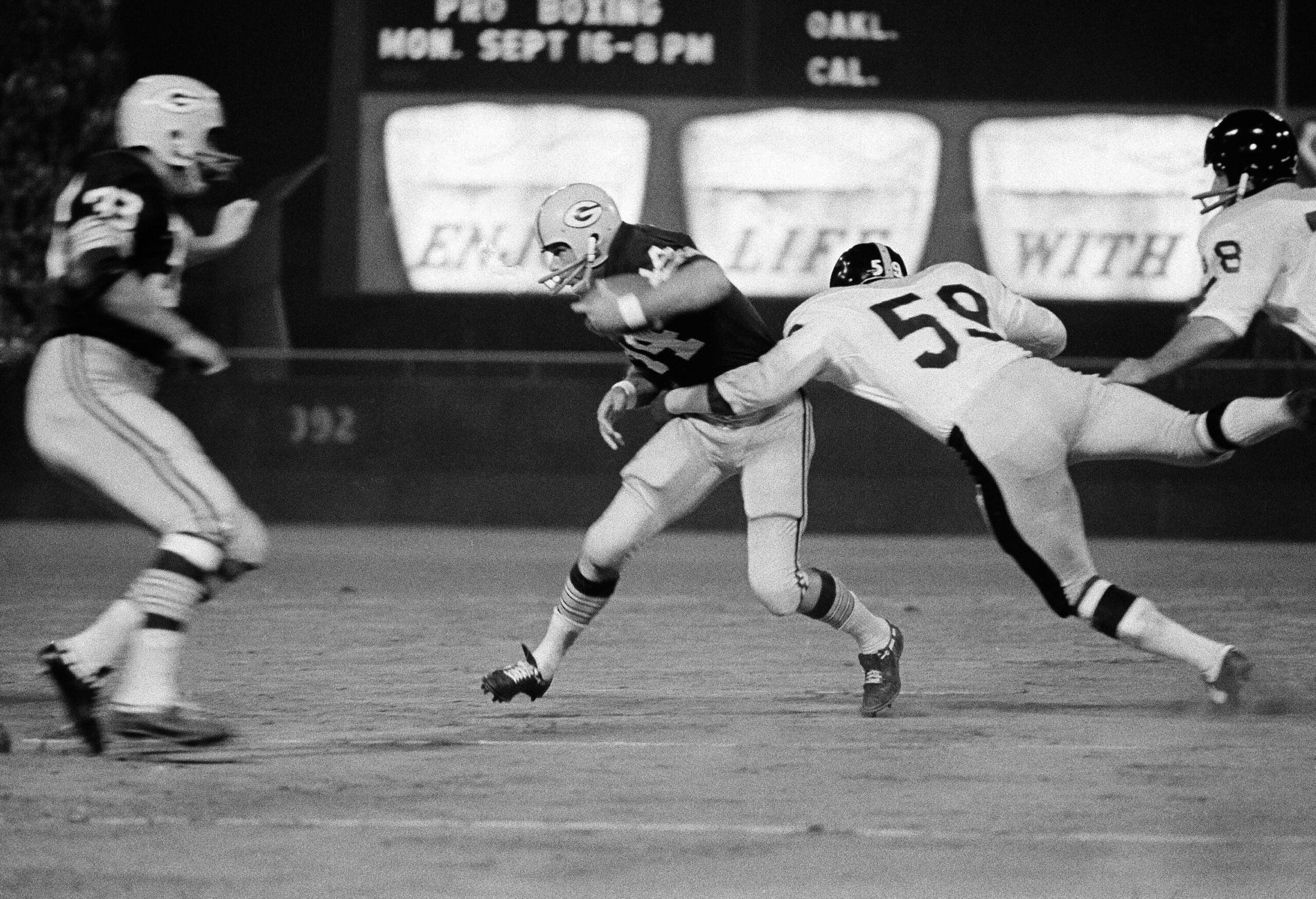
1968: Green Bay (6-7-1, third place in the Central Division)
What Went Right: The defense did not decline, leading the 16-team NFL in stopping the pass while ranking third overall. Bart Starr bounced back from a subpar (for the Hall of Famer) season to post a 104.3 passer rating (15-8 TD-INT ratio after 9-17 in 1967) while running back Donny Anderson made his only Pro Bowl (761 yards on 4.5 per carry and 25 catches for 333 yards) and wide receiver Carroll Dale reached career highs in catches and touchdowns.
What Went Wrong: Many point to Hall of Fame coach Vince Lombardi retiring into the front office, with the mortal Phil Bengtson (20-21-1 over three years) going 1-5-1 in one-possession games in his first season running the show. But somewhat lost in the shuffle was the retirement of kicker Don Chandler, who made 19 of his 29 field goal attempts in 1967. The Packer placekickers (a quartet that included running back Chuck Mercein and guard Jerry Kramer) went a combined 13 of 29 with three of those misses coming in a three-point loss to Chicago, two in a six-point loss to Detroit and another in a tie with the Lions. And still, the Pack missed the playoffs by a game and a half.
The End: In game 12 at San Francisco, a win would have propelled the Pack into first place, but they allowed 20 fourth-quarter points in a 27-20 loss. They’d officially be eliminated the following week.
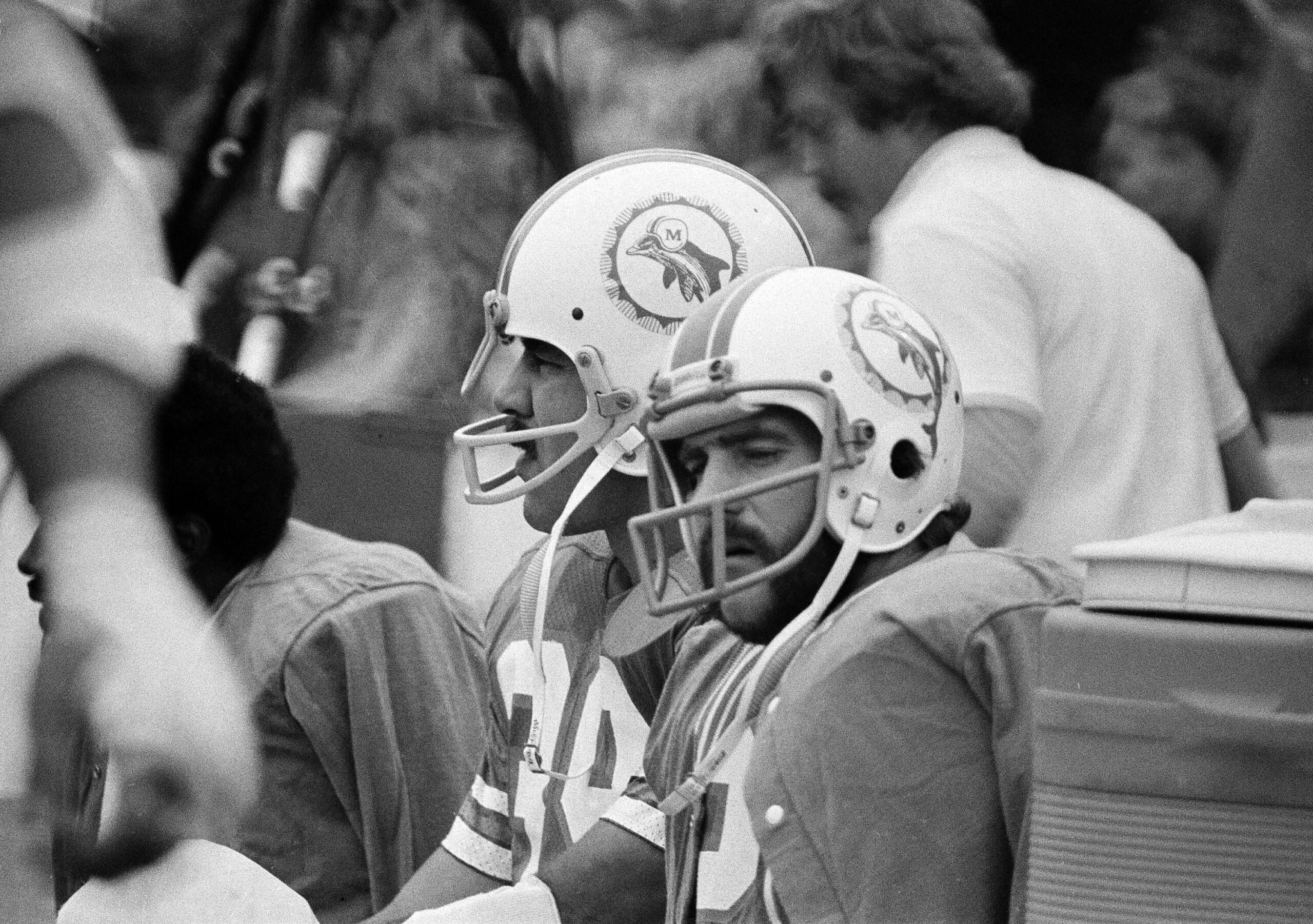
1974: Miami (11-3, lost at Oakland in Divisional Playoffs)
What Went Right: The Dolphins held off the biggest name in the league by sweeping O.J. Simpson (one season removed from setting the NFL’s rushing record) and Buffalo en route to a fourth straight division title. Rookie Nat Moore broke into the starting lineup to negate an aging receiving corps. The offense scored the third-most points in the 26-team NFL while the defense boasted an All-Pro season from safety Jake Scott (eight interceptions) and a Pro Bowl year from defensive lineman Bill Stanfill.
What Went Wrong: The playoff format of the time rotated home fields for divisional and championship round (it’s how Pittsburgh hosted unbeaten Miami in 1972 AFC title tilt). The Dolphins would’ve hosted Pittsburgh if they used the seeding system adopted one year later. There was also ill will toward three top offensive stars who signed with the short-lived (but long enough to take them away from Miami) World Football League: Hall of Fame running back Larry Csonka, Hall of Fame wide receiver Paul Warfield and running back Jim Kiick (short yardage/third and long specialist).
Meanwhile, neck and knee injuries limited Mercury Morris (1,954 yards on 5.8 per carry with 22 touchdowns over the previous two seasons) to three starts and five games. Still, they were a legendary completion away from advancing to host the Steelers for a spot in what would have been a fourth straight Super Bowl.
The End: It’s called “The Sea of Hands Game,” as Oakland quarterback Kenny Stabler somehow avoided the pass rush and launched a throw into the end zone that was corralled by Raiders running back Clarence Davis to deliver a 28-26 victory and end the Dolphins’ reign.
1976: Pittsburgh (10-4, lost at Oakland in AFC Championship Game)
What Went Right: Things looked like they were going off the rails early as the Steelers started 1-4, but the defense buckled down and posted five shutouts while allowing just 28 points during a nine-game win streak to close out the season that delivered the division title.
The unit didn’t just lead the NFL in rushing and overall defense while allowing the fewest points per game, Hall of Fame linebackers Jack Ham and Jack Lambert posted their best seasons (according to profootballreference.com), while defensive backs Mike Wagner, J.T. Thomas and Glen Edwards also enjoyed career-defining years. And 30-year-old running back Rocky Bleier rushed for a career-high 1,036 yards to join Franco Harris (1,128 yards with 14 touchdowns) as the Steelers led the league in rushing.
What Went Wrong: Injuries sidelined Terry Bradshaw for four games and he fell off his 1975 numbers in production and efficiency. But he regained his mojo over the last two regular season games and posted a league-record 158.3 passer rating (14-18 for 264 yards and 3 TD with no interceptions) in a 40-14 Divisional Playoff rout of Baltimore.
The End: Injuries to running backs Franco Harris (bruised ribs) and Rocky Bleier (broken toe) suffered in the win over the Colts kept the two out of the game against Oakland and despite unveiling a one-back, three-tight end offense, the offense never got in gear as they fell 24-7 to the Raiders.
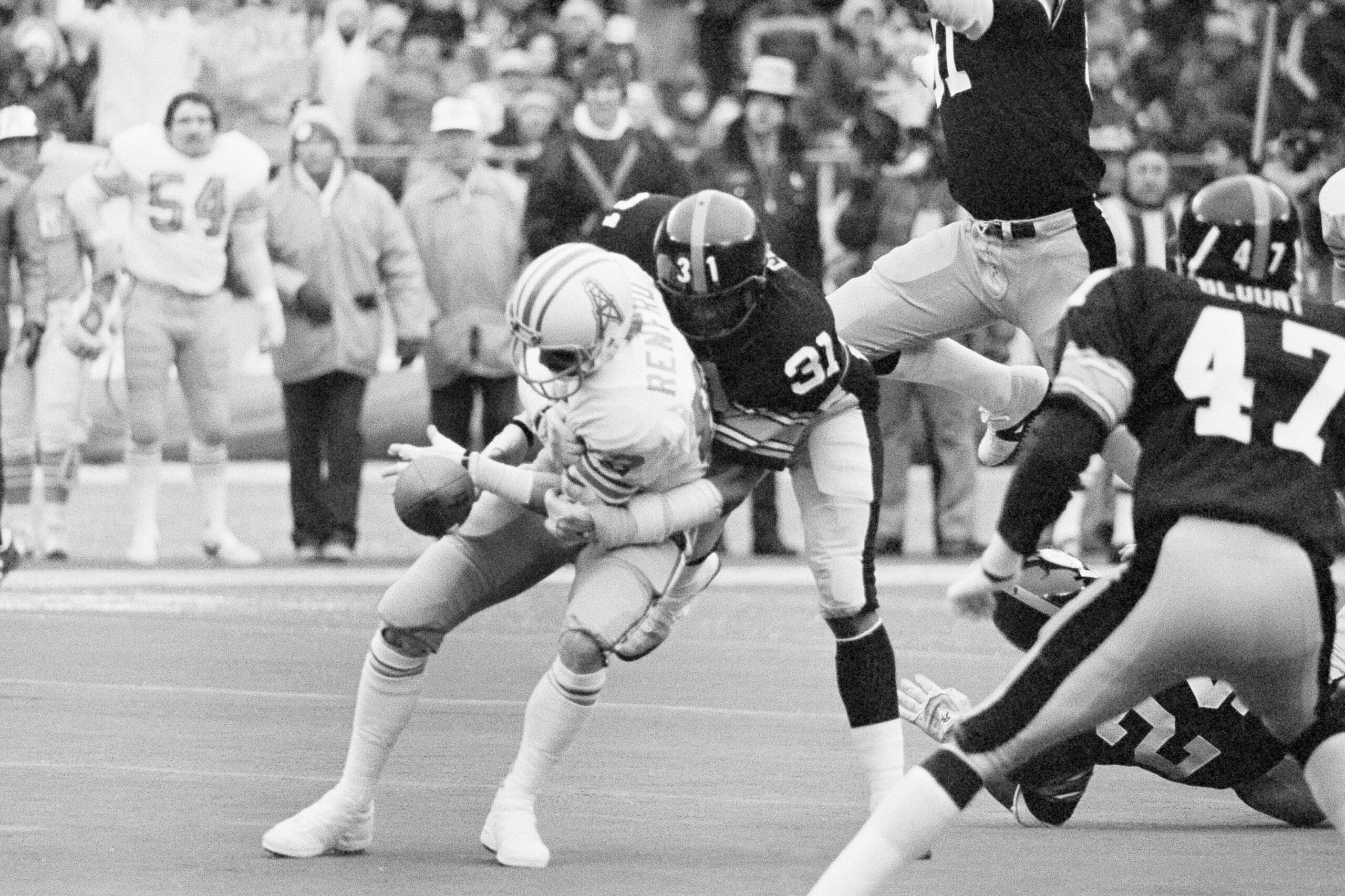
1980: Pittsburgh (9-7, third place in the AFC Central)
What Went Right: Not just a three-peat but “one for the thumb” here as the Steelers were attempting to secure their fifth title in seven years. Center Mike Webster, linebacker Jack Lambert and safety Donnie Shell were each voted All-Pro.
What Went Wrong: Injuries and age brought the Steel Curtain down. All Pro wide receiver John Stallworth was limited to three games while Terry Bradshaw, Lynn Swann and Franco Harris each missed time with bumps and bruises. The defense that posted 49 sacks in 1979 was limited to 18 and slipped from 10th against the pass to 22nd. Kicker Matt Bahr missed extra points in one-point losses to Cincinnati and Cleveland.
The End: Pittsburgh suffered a week 14 Thursday Night Football 6-0 loss at Houston that saw Bradshaw toss three interceptions — including one in the end zone — while Harris lost a pair of fumbles. Even though the Steelers won the following Sunday, they’d be eliminated before their week 16 game kicked off.
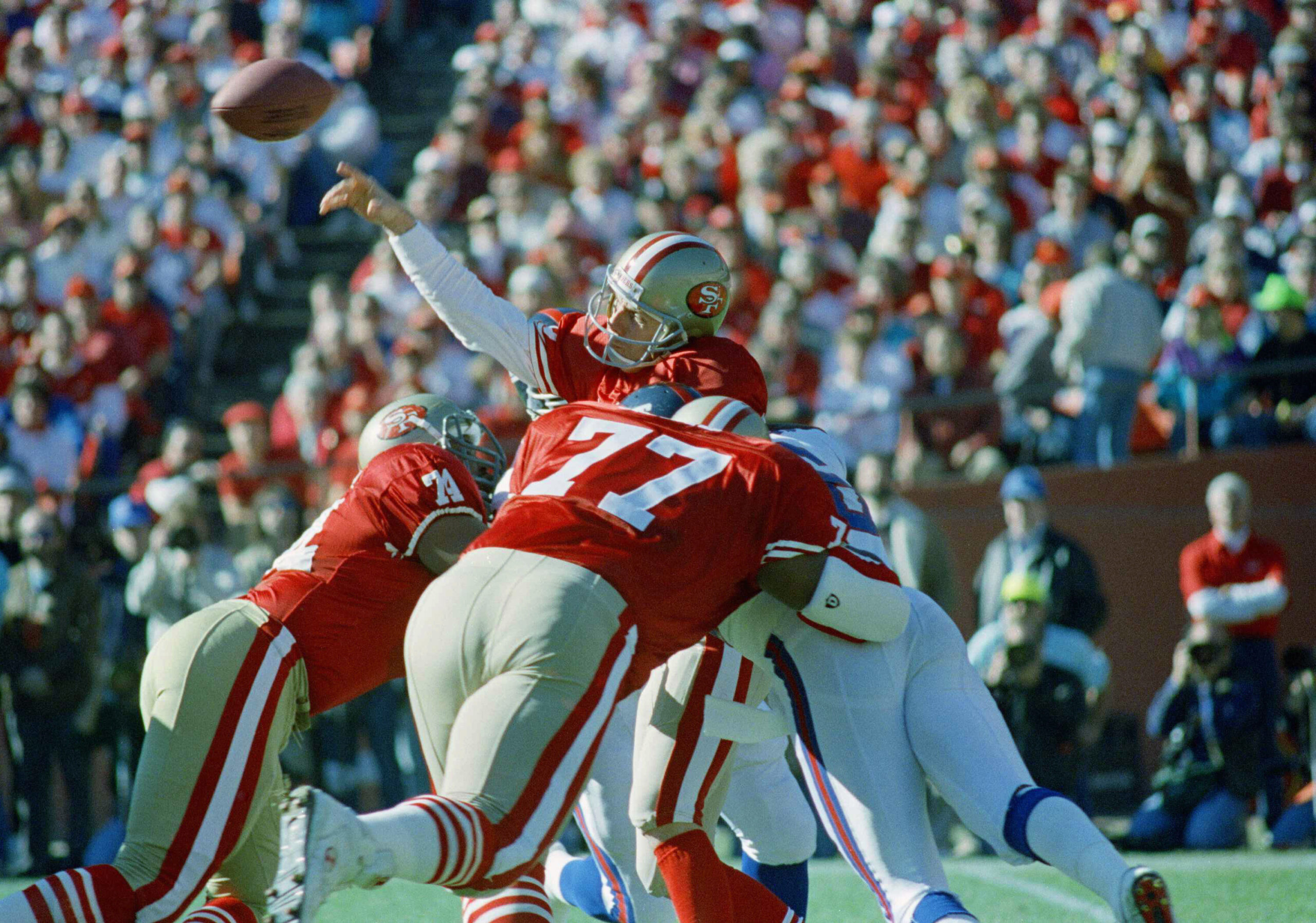
1990: San Francisco (14-2, lost to the Giants in the NFC Championship)
What Went Right: Joe Montana threw for a career-high 3,944 yards while Jerry Rice recorded 100 catches for the first time in his career (both were named All-Pro). The defense allowed the second-fewest points in the league while ranking third in total defense, with defensive lineman Charles Haley posting a career-high 19 sacks. Safety Ronnie Lott was still in peak form.
What Went Wrong: Even though Roger Craig (439 yards rushing after gaining 1,074 in 1989), Tom Rathman (48 catches after 73 the year before) and John Taylor (748 yards receiving after 1,077) regressed, the Niners still won their first ten games and cruised to their third straight NFC Championship Game. They’d host a New York Giants team without starting quarterback Phil Simms.
The End: Leading the Giants 13-9 with 10:07 remaining, Joe Montana was sacked by Leonard Marshall and suffered a concussion, a bruised sternum, bruised stomach, cracked ribs and a broken finger on his throwing hand. But even with the injury, the Niners had the ball and a 13-12 lead with 2:56 left when Roger Craig fumbled at the Giants’ 40-yard line. Jeff Hostetler then engineered a drive that set up Matt Bahr’s fifth field goal of the day that delivered a 15-13 defeat.
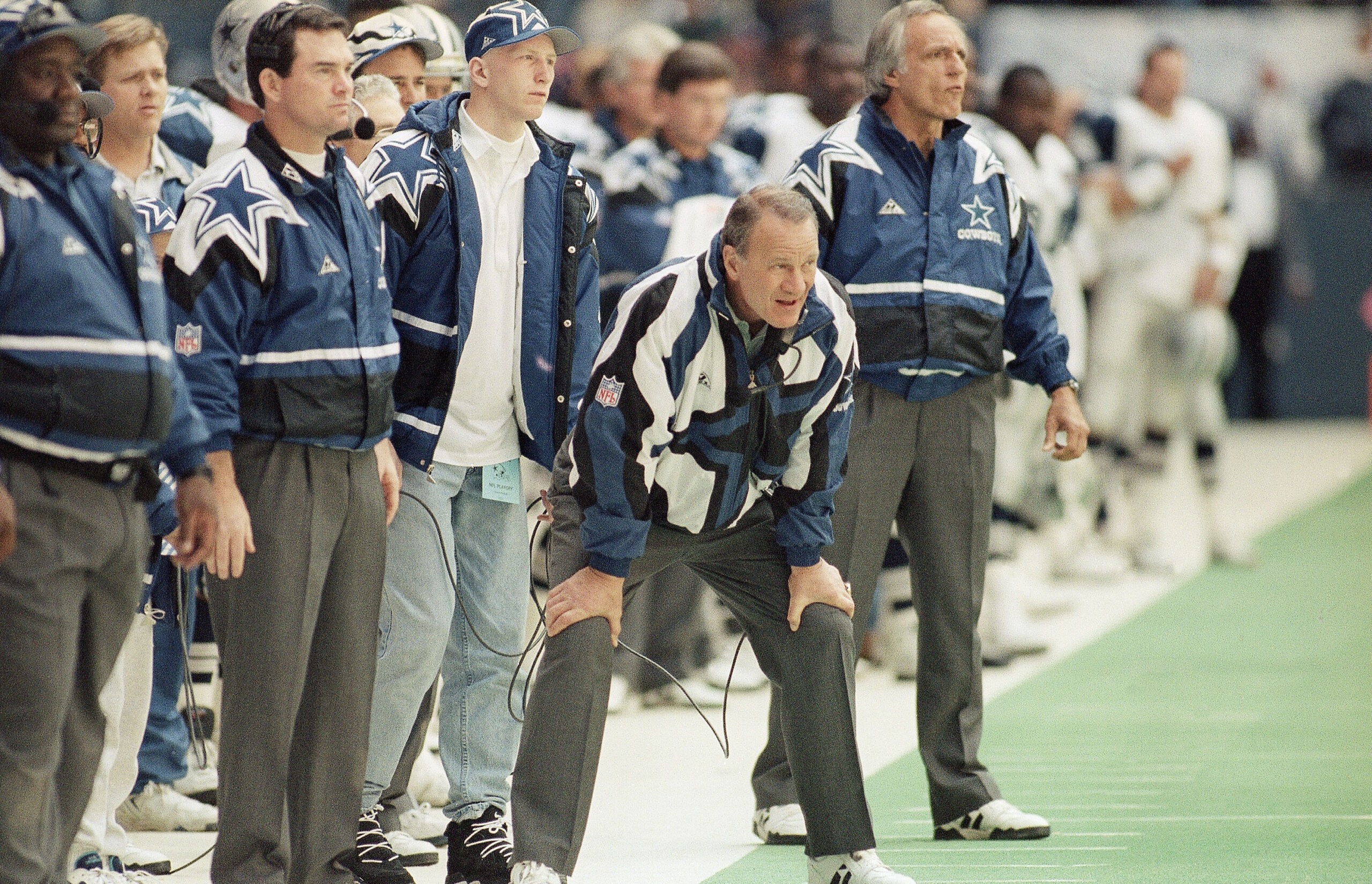
1994: Dallas (12-4, lost at San Francisco in NFC Championship Game)
What Went Right: Despite a coaching change (more on that in a bit), the Cowboys started 8-1 as big names Troy Aikman, Emmitt Smith and Michael Irvin remained near top form. Meanwhile, lineman Nate Newton was voted All-Pro for the first time in his career and defensive end Charles Haley produced his best season (12.5 sacks) in his five years with the team.
What Went Wrong: The ego of Jerry Jones forced a fracture in the front office and Jimmy Johnson went straight to the studio desk at Fox. And instead of Johnson, former Oklahoma Coach Barry Switzer was at the helm. Despite his success in the college game, one felt as though Switzer’s bunch was always a step behind. They also lost defensive keystone middle linebacker Ken Norton Jr. to free agency and he went on to lead eventual Super Bowl champ San Francisco in tackles that season.
The End: The Cowboys fell behind the 49ers 21-0 in the first quarter thanks to three turnovers, and although Troy Aikman threw for 380 yards they could never get within ten points of the Niners in a 38-21 loss.
1999: Denver (6-10, fifth place in the AFC West)
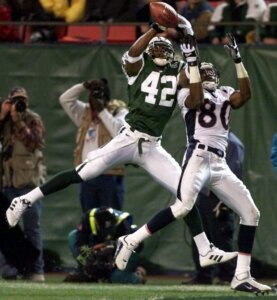
What Went Right: It’s tough to find positives in the biggest drop of a two-time defending champ, but defensive tackle Trevor Pryce notched 13 sacks on his way to his only All-Pro season while center Tom Nalen was voted second team All-Pro for the first time in his career. The defense actually allowed fewer total yards than they did in the Super Bowl XXXIII season.
What Went Wrong: Retirement and injury played a big role in Denver’s downfall. These Broncos are the only repeat champ to change quarterbacks, as Hall of Famer John Elway announced his retirement in the offseason. The loss of safety blanket tight end Shannon Sharpe after five games due to injury also helped the passing offense slide from seventh to 15th in the league.
Meanwhile, the running game was without reigning MVP Terrell Davis (2008 yards and 21 touchdowns rushing) due to an injury that robbed the team of its most productive player and the ground game sank from second best in the NFL to 12th.
The End: Week four was supposed to deliver a potential playoff preview as it was a rematch of the previous year’s AFC Championship Game. Instead viewers for the 4:15 p.m. showdown were treated to a pair of 0-3 teams, and the Broncos’ 21-13 loss to the New York Jets sealed their fate as an also-ran.
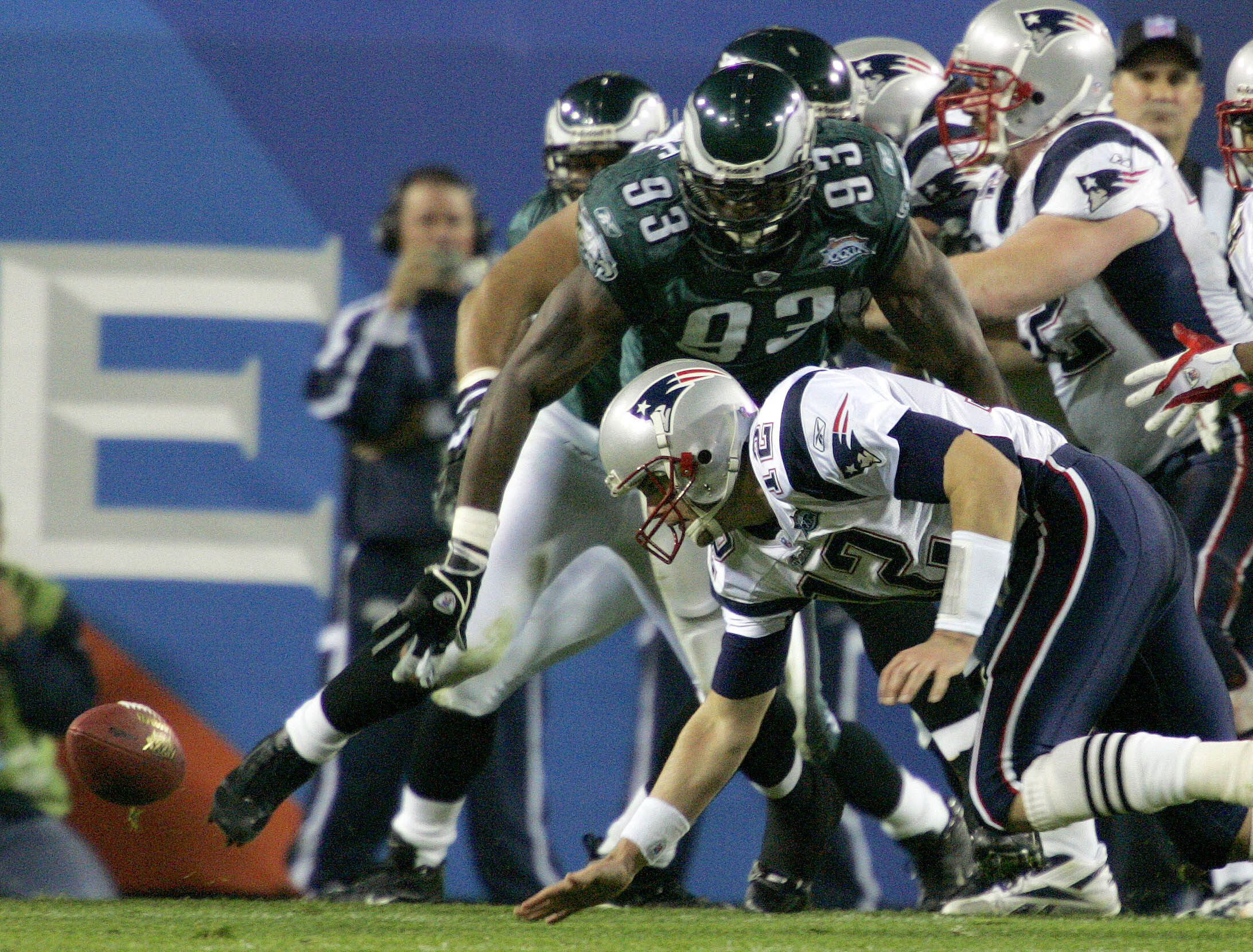
2005: New England (10-6, lost at Denver in Divisional Playoffs)
What Went Right: Tom Brady posted his first 4,000-yard passing season (back when those years weren’t as easy to put together), while Deion Branch notched career highs with 78 receptions for 998 yards. First round pick Logan Mankins finished second in the Offensive Rookie of the Year voting and began a stretch of nine seasons starting at left guard. Defensive end Richard Seymour was voted All-Pro for the final time in his career.
What Went Wrong: Both sides of the ball lost their coordinators, with Offensive Coordinator Charlie Weis being named Head Coach at his alma mater Notre Dame and Defensive Coordinator Romeo Crennel securing the top job with Cleveland. Crennel’s former defense that sparked the first three Super Bowls for the Patriots ranked 31st against the pass and 26th overall. Conversely, Corey Dillon rushed for 900 yards less than he did in 2004 and other players (David Patton) who had career years for the offense reverted to form or simply departed (David Givens) for greener pastures.
The End: The Patriots trailed 10-6 in the third quarter at Denver and was facing a third and goal at the Broncos’ five when Brady’s pass into the end zone was intercepted by Champ Bailey who returned the pick to the New England one. Mike Anderson scored on the next play and the Pats would never be closer than two possessions the rest of the evening. That INT was one of five turnovers and the Patriots also committed eight penalties in the 27-13 loss.
Get breaking news and daily headlines delivered to your email inbox by signing up here.
© 2024 WTOP. All Rights Reserved. This website is not intended for users located within the European Economic Area.

